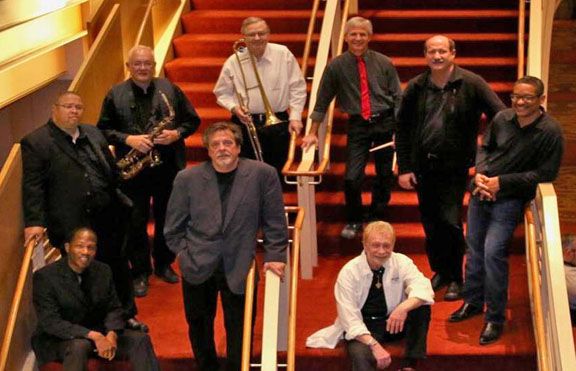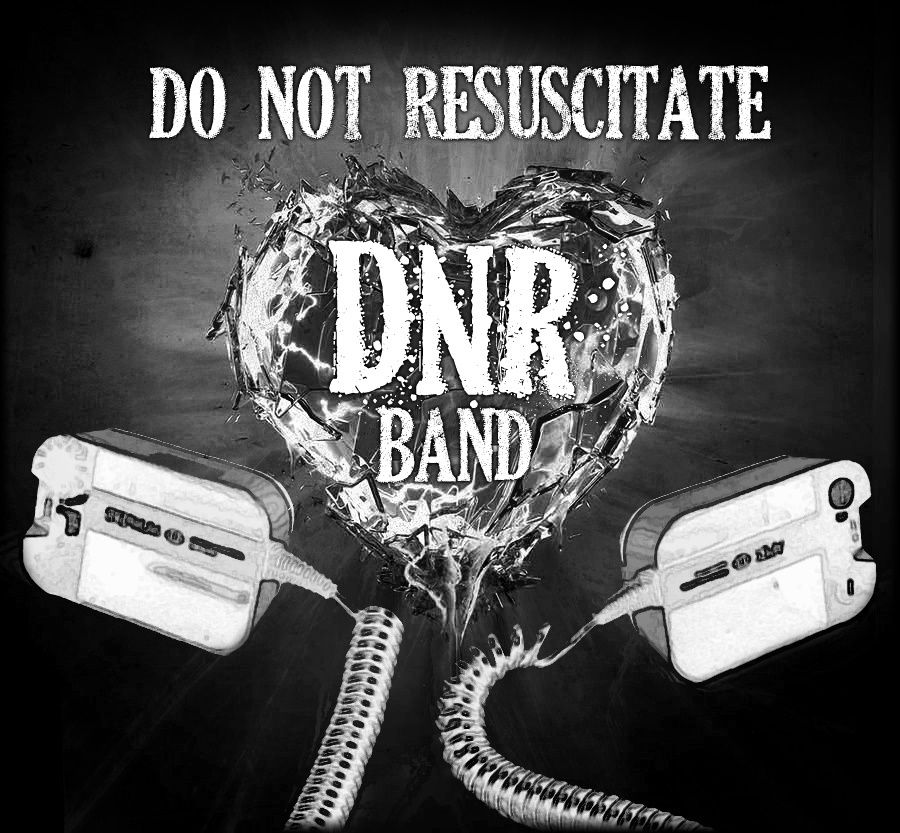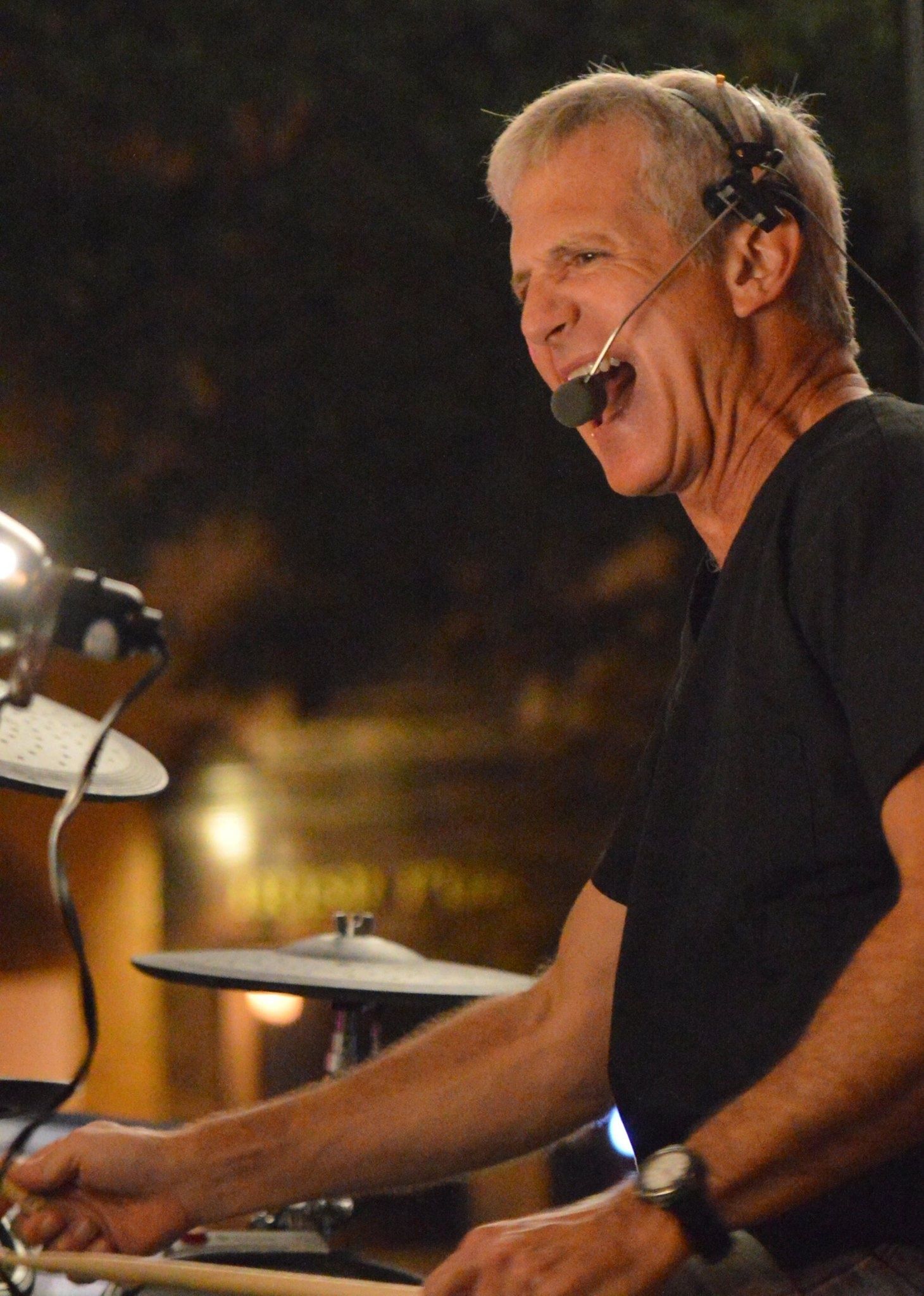Docs rock out for charity (and their own mental health)
Physicians are people, too. They need a way to relax after a hard day’s work. Twelve of them have found a way to unwind: in front of a crowd, by playing cover songs, and raising money for charitable causes.
ARTFULLY-79/Adobe Stock

[Editor’s Note: This is the second in a two-part series about how some physicians play in part-time bands as a way to cope with the stress of physician burnout and give back to the community.]
As physicians, we aren’t too good at taking care of ourselves, says Jeff Jones, MD.
“We’re always giving, giving, giving,” he says. “We’re up all night, not resting, not taking vacations. We need to do more to take care of ourselves.”

Practicing medicine is a noble profession but being a physician can make for stress-filled, high-pressure, and even depressing days. Jones says finding a hobby or indulging in another passion can have tremendous impact on your mental health - and consequently on your job performance.
Jones co-founded the cover band DNR (for “Do not resuscitate,” naturally) with Vincent Nicolais, MD, an intensivist. Jones plays lead guitar in the band, which is comprised of 12 physicians and one musician with a PhD from Columbus, Ga. The band plays songs from every genre (except rap) and every decade from the 1950s onward.
These physicians are taking a beat away from the daily grind, finding release through music, and forming strong relationships while performing in front of friends and strangers.
“Music is a great outlet for the stress we’re under as physicians in this changing world,” Jones says. “This is one of the things I can do to take care of myself because it really helps me unwind. It’s medicine for me.”
Jeff Jones, guitar virtuoso
As a teenager, Jones was likely to be seen with a bass guitar in one hand and a medical bag in the other.
His mother was a choir director and voice and piano teacher, so he started piano lessons at age 6. He was playing bass guitar in a band by 12. A music career beckoned.
His grandparents, meanwhile, encouraged him toward a career in medicine. He found that option - that chance to help others - attractive, too.
Jones played in several more bands, including one, Silas, that he played in during college that he was convinced was going to “make it.”
“That band had some super musicians, and we wrote all our own music,” he says. “For years, we were traveling all over, playing in various states.”
But the band never got the break it needed. It never even cut a record. Its members, including Jones, got married. Maintaining the band became too expensive. During Jones’ first year in graduate school, the band broke up.
That’s when his wife, Lynn, told him, “Look, you need to do what you’ve always wanted to do. It’s time.” She was referring to his interest in a becoming a physician. So, he applied to the University of South Carolina School of Medicine.
After completing his residency in 1986, Jones became a family physician and board-approved addiction medicine specialist. He now practices at Midtown Family Medicine and is medical director of Talbott Recovery Columbus.
He still had his guitar with him at all times, but when he entered medical school, Jones left the bands behind. Or so he thought.

In 1996, members of the Muscogee County Medical Society approached Nicolais and Jones about forming a band to play at its annual ball. The organization already had one band booked but was looking for more entertainment.
Nicolais and Jones already knew each other and even had discussed playing together. So, they agreed to put together a band of physicians. “It was supposed to be a joke,” Nicolais says. “Then we kept at it because of a chemistry that formed.”
More than 23 years later, DNR is still going strong. The band has raised hundreds of thousands of dollars for charitable causes, such as Children’s Miracle Network Hospitals, breast cancer awareness, and Hurricane Katrina relief.
Most physicians are at least partially attracted to medicine because they felt a calling to help other people. Performing for fundraisers is another way to do that, Jones says. But he admits performing isn’t simply an altruistic effort. It’s also good for his mental health.
“I can forget the day’s activities and schedule and have some down time, which is hard to do with my daily routine,” he says. “Going back to my roots and music is how I unwind. My stress levels drop immediately when I pick up a guitar. If I don’t have my acoustic in my hand every night, my wife knows I’m worried about something or I’m down a little bit.”
Vincent Nicolais, the multi-instrumental backbone
Nicolais played professional trumpet with the original Drifters while a college student in the mid-1960s, opening for Chuck Berry, the Lovin’ Spoonful, and others. Along the way, he picked up playing the guitar and harmonica, too.
But he never wanted a career in music. “A few times, it was something I seriously considered, but the desire to go to medical school always [prevailed],” he says. “I just wanted to do something better with my life.”
He studied at the University of Bologna in Italy, the oldest medical school in the world. His student visa didn’t permit him to play professionally, so he hung up his trumpet. For 30 years - until he received the invitation from Muscogee County Medical Society - he rarely touched an instrument. His career as a physician “far overshadowed” music and the joy he once had for it.
Nicolais is now chief of internal medicine at Piedmont Atlanta Hospital and one of the longtime driving forces for DNR. He enjoys the collegiality and comradery of playing in a band, not to mention the cheers and appreciation he receives from the audience after a good performance.
“Playing music is like exercise for me,” says Nicolais, 72, who plays valve trombone, harmonica, and guitar for DNR. “It relieves stress. It makes me feel like I’m 21 again.”
Looking back, he says it’s obvious music had tangible value in his life. For example, his grades went up when he started playing professionally in college. But he didn’t appreciate the impact of music when he was younger.
Now, that value extends beyond the stage into patient care.
“Music helps relieve the stress and clears my mind, assisting me to prepare for the next patient and life-threatening challenge,” he says. “I need an outlet away from the stress of providing medical care to patients who are dying. Although we all strive for miracles - and I do believe they happen - they do not always occur.”
DNR’s members take satisfaction in providing enjoyment and helping charitable organizations. But that’s nothing compared to the gratification he gets from his job, Nicolais says.
“There’s no greater satisfaction than when a patient is told they’re going to die and I manage to pull them up from six feet from under,” he says. “That’s life and death.”
But, he notes, entertaining people and making them happy is important, too. The music gives listeners a chance to forget the day’s concerns and just rock out for a few hours. It can improve their lives much like prescription medications can take the edge off chronic pain.
“Everyone in the band gets paid exactly the same - $0,” Nicolais says. “It’s about giving back to the public. And besides, we’re all a bunch of hams.”
Frank Saucier, banging the drums

“DNR could actually be pretty good if we practiced a lot together,” says percussionist Frank Saucier, MD, an emergency medicine specialist who works at Saint Francis Hospital and the two Piedmont Columbus Regional hospitals.
But getting a dozen physicians together to practice can be difficult, especially when they have different specialties and work in different hospitals and practices. The members of DNR only practice in a room above Nicolais’ garage once or twice a month. If they don’t have any gigs coming up, they may not practice at all. If there’s a gig scheduled, they’ll cram in several practices in preparation.
Saucier was a trumpet player in high school, but he didn’t have a love for the instrument. He preferred percussion, which he’d played since he was young but had no formal training in.
Playing professionally in a band was never his desire, either. “I didn’t want to do music, where I’m going to be working nights and weekends all the time,” he says. “A musician’s life is pretty bad for a family, and I wanted to have a family.” As an ED doctor, he only works every other weekend and some nights. He's home with his family when he's not performing, rather than traversing the country in a rundown van.
He couldn’t excise his love for music like a splinter, though. In college and med school, he sang lead vocals in bands. Music provided a release from the stress of school. After graduation, he stopped playing to focus on his profession.
Then, in 2004, he joined DNR.
“I wanted to play again, and I wanted the stress relief that comes with playing,” he says. “It’s good to cut loose.”
Performing helps him to relax, think clearly, and have a more positive outlook, Saucier says. Being in the band also gives him a way to connect with patients. He’ll sometimes talk to a patient about the band, particularly if that patient is also the patient of another band member.
“The band is all for fun,” he says. “We know we’re not the best, but we will practice enough to put on a good show.”
For the audience and the physician musicians, that’s good medicine.
Dave Schafer is a freelance writer based in Columbus, Ohio.